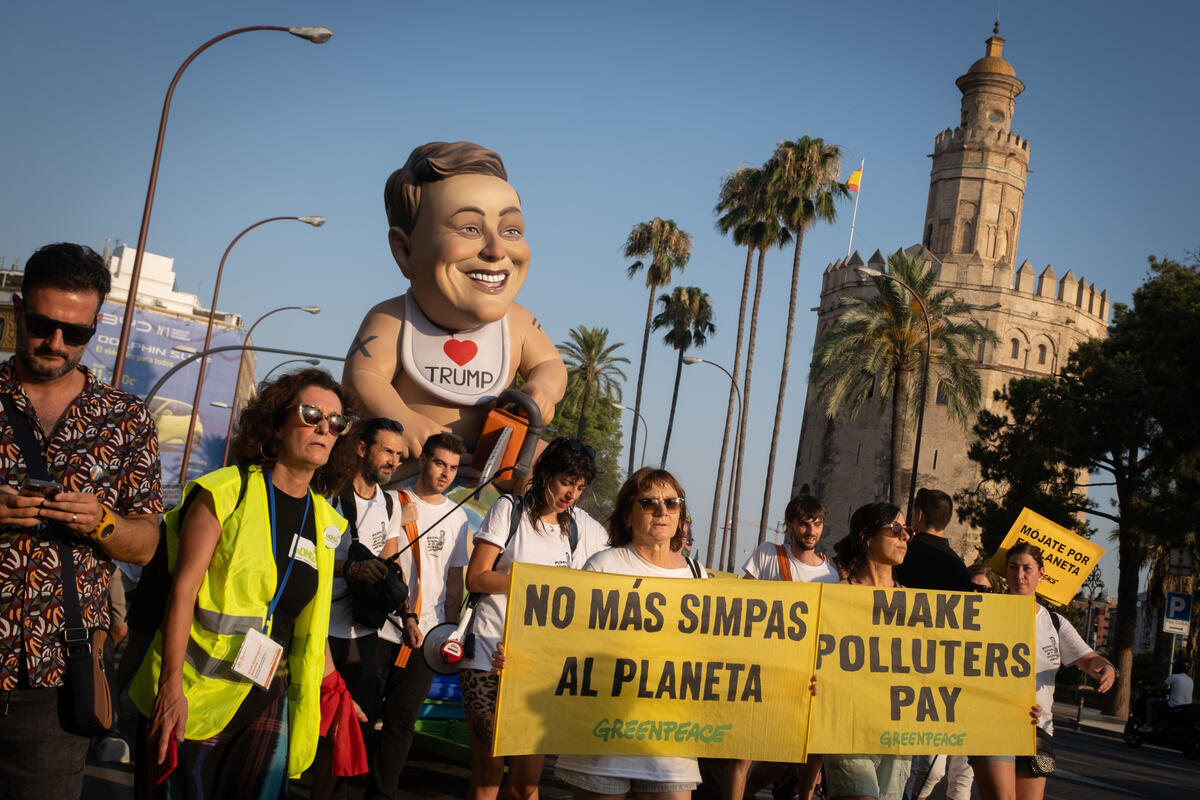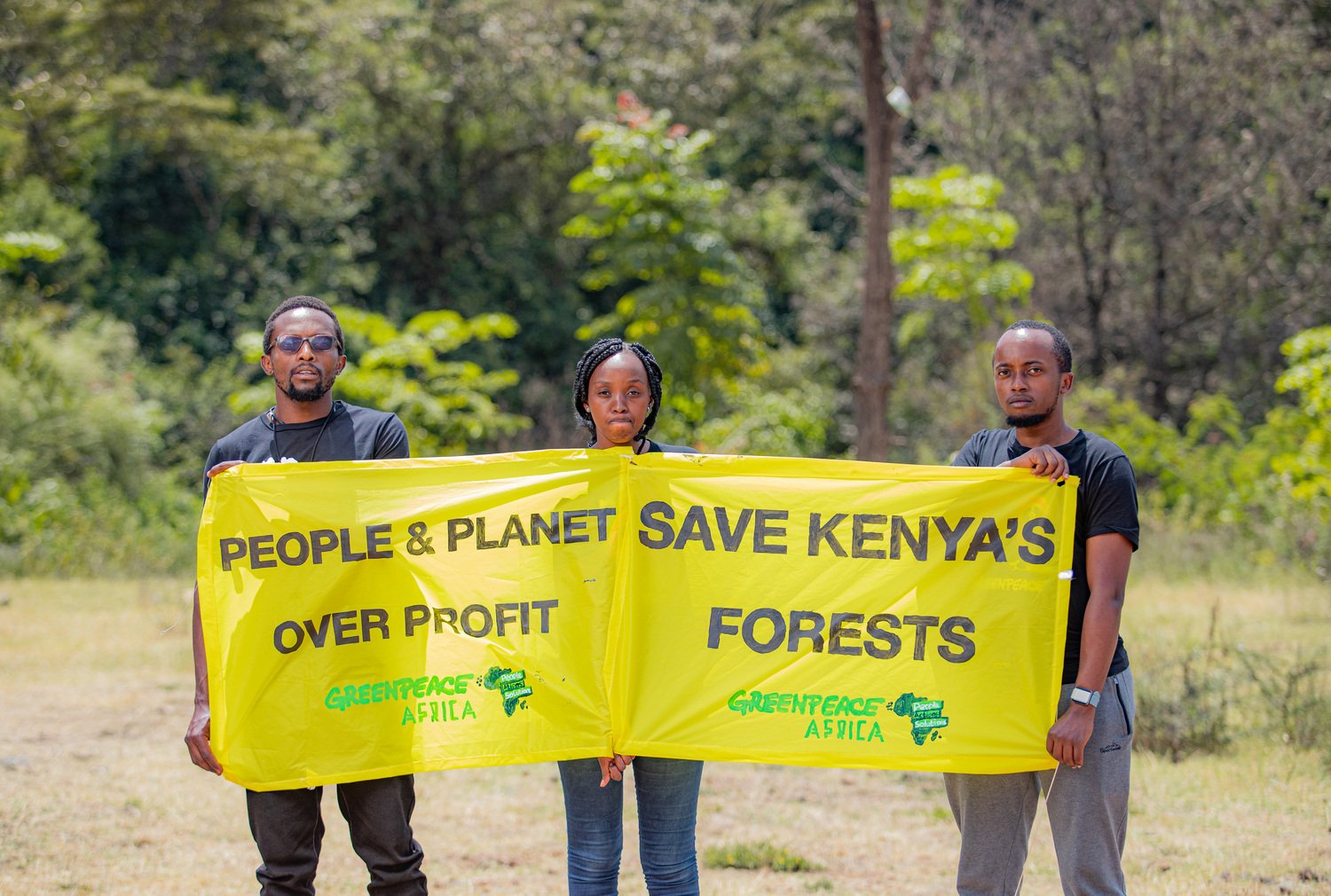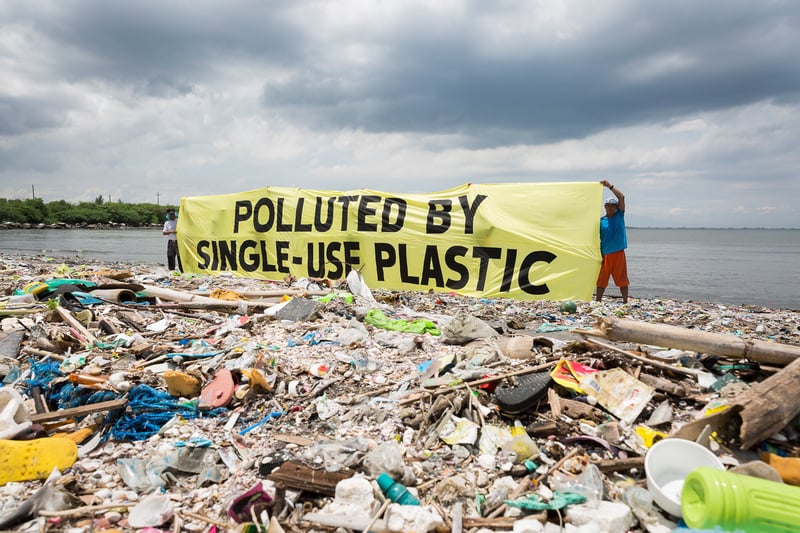Nairobi, Kenya, 27, Nov. 2023 – Ahead of the COP28 climate summit, 50 African scientists and over 4000 youth across 30 African countries have called on African leaders to seize the opportunity to transition the continent to 100% renewable energy and reject the destructive path of fossil fuels.
In an open letter addressed to African Heads of State and Governments, the scientists decried a new scramble for oil, gas, and coal in the continent, driven by former colonial and neocolonial powers. The letter calls on African leaders to reject these investments and instead focus on developing modern, decentralized renewable energy sources for the continent.
“Instead of catching up with grounding Africa’s energy systems in the 21st century, we’re being locked to the old and dirty for the benefit of few and left to deal with stranded assets that would remain. From Mozambique to Uganda, Senegal to Nigeria and South Africa, Namibia, the Republic of Congo, the Democratic Republic of Congo and Cameroon, we are witnessing new fossil fuel investments that are incompatible with the Paris Agreement and its 1.5°C warming limit.” said Corneille Ewango Ekokinya, a Professor at the University of Kisangani.
“I hope that by the end of COP 28, resolutions will have been made to ensure that the UN Loss and Damage Fund and national adaptation plans will be financed by revenues from those with the most responsibility for causing the climate crisis and with the biggest ability to pay, particularly the fossil fuel industry” added Professor Ekokinya who reinforced the growing demand to make polluters pay, one of close to 50 African climatologists, forest and oceans, renewable energy, socio-economic scientists
British oil giant Shell on Thursday reported a record-breaking profit of USD 40 billion for the year 2022, at a time the world recorded its warmest year ever.
There’s a growing call by environmentalists for African governments to reject diversions from real climate and biodiversity solutions being promoted by polluters and the extractive industries, including carbon markets and biodiversity credit markets, in line with the demand of hundreds of African civil society organizations.
Greenpeace Africa stands with the scientists: “Africa has the potential to lead the world in the transition to a renewable energy future. By embracing clean energy and leapfrogging over the age of fossil fuels, African leaders can protect our people, their environment, and their economies from the devastating impacts of the climate crisis,” said Fred Niebuhr, Greenpeace Africa’s political adviser.
ENDS
For more information and interviews:
Ferdinand Omondi,
Communication and Story Manager, Greenpeace Africa
[email protected]



